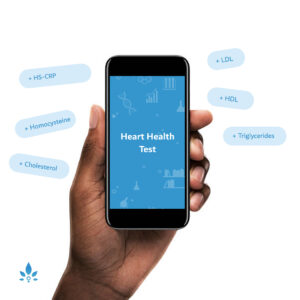When a Traumatic Birth Leads to PTSD


When a woman thinks of her perfect birth experience, it may include scenarios like going into labor spontaneously, having a great connection with your doctor or midwife, delivering a plump, term baby vaginally, and going home feeling ready to get to know her little one and settle into her new role as a mother.
Unfortunately, birth doesn’t always go as planned. And for some women who experience such unexpected events as preterm birth, needing an emergency C-section, or having to see their baby be taken away to the NICU, the process of delivering a baby can actually lead to symptoms of post-traumatic stress disorder or PTSD.
When we think of PTSD, the typical sufferer that comes to mind is a military veteran or someone who is a refugee from a war-torn country. However, women with postpartum PTSD experience many of the same symptoms, and it is estimated that about 9 percent of women who give birth meet the criteria for this diagnosis.
Symptoms of postpartum PTSD may include intrusive thoughts (such as recurring nightmares of the birth or the traumatic event that happened), the inability to sleep or maintain concentration, avoiding thoughts about the birth (for example, not wanting to look at pictures taken when you were in the hospital), or feeling irritable, startled, depressed, panicky, or anxious.
trauma can cause postpartum depression, which can lead to PTSD (Post-traumatic stress disorder) try Nabta at-home postpartum Physio incase you suspect it or use the Postpartum Doula Package
It is important to note that postpartum PTSD doesn’t only occur in women who’ve had obviously traumatic births. For some women, anything that was outside their plan may lead to this feeling of being traumatized. What might seem like not a huge inconvenience to some new moms—such as an epidural not working well, or needing to be delivered by a doctor you don’t know, or having to deliver with the help of forceps—can be very unsettling for other women. And for women who’ve had other issues previously, such as a history of abuse or other psychiatric diagnoses, these types of unexpected events during pregnancy or childbirth can make postpartum PTSD more likely.
Many women who experience postpartum PTSD are incorrectly diagnosed as having postpartum depression (PPD). This is often because PPD is more widely known and accepted among medical professionals. However, women with PTSD tend to have different and unique symptoms.
The good news is that postpartum PTSD is treatable, often by a combination of medication and therapy. Some women find relief with complementary treatments like art or music therapy, in addition to traditional talk therapy. Support groups, whether online or in person, can help a new mother suffering from postpartum PTSD realize that she is not alone.
If you think you might be dealing with postpartum PTSD, be sure to reach out to your providers so they can help make the diagnosis and get you the help you need.
Sources:
- Postpartum Support International
- Postpartum Post-Traumatic Stress Disorder.
The Birth Trauma Association - What is birth trauma?
The Atlantic - The mothers who can’t escape the trauma of childbirth.
Powered by Bundoo®













































